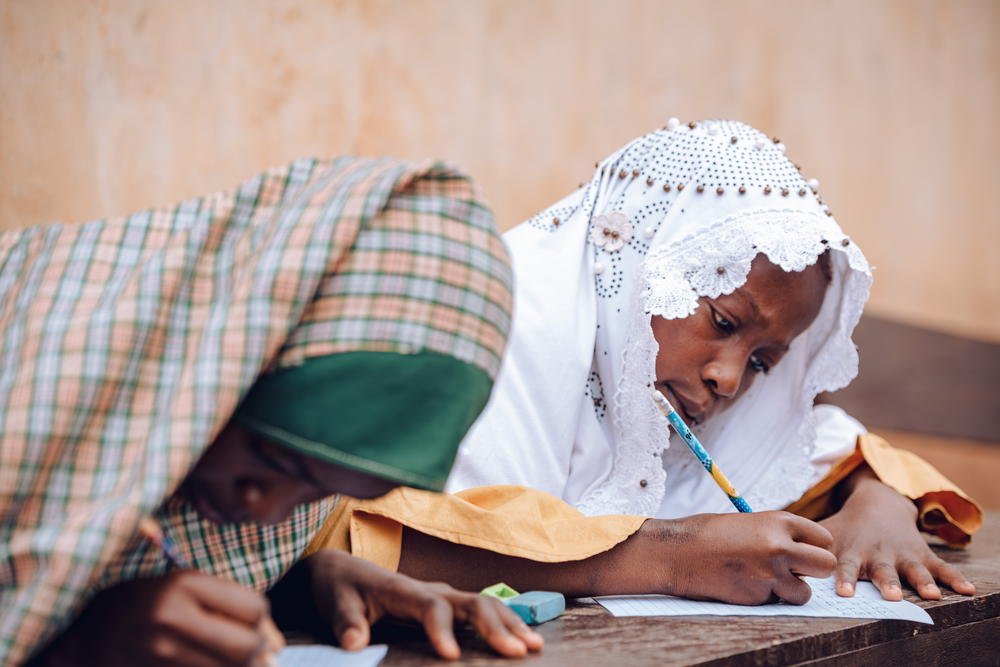
Rana Plaza anniversary: Sarah Brown on why only education can break cycle of child labour
Child labour, Sarah Brown
Child labourers at a pot factory in Dhaka, Bangladesh
Two years on from the Bangladesh factory disaster that shocked the world, child workers are still being exploited every day in horrendous conditions around the world.
There are more than 600,000 children out of school in the South Asian country and many of them work in factories and unpaid domestic work.
The collapse of the Rana Plaza garment factory on April 24, 2013, that killed more than 1100 people – mostly young women – laid bare the dangers, long hours and abuses suffered by these workers.
Rallies were held by survivors and trade unions in Bangladesh on the second anniversary. On the same day, A World at School co-founder Sarah Brown published a blog on Huffington Post in which she wrote: “Rana Plaza drew urgent and immediate attention to what is often a silent crisis that begins in childhood.
“Poverty and marginalisation drive children into work because it is perceived as the best use of their time in contributing to the needs of the family and preparing them for the life they are expected to lead.
“These children grow up in factories, mines or – especially for young girls – unpaid domestic work that offers just shelter and board.”
Rescuers at the site of the collapsed Rana Plaza factory
The International Labour Organization (ILO) estimates there are more than 160 million child labourers – the population of the United Kingdom, Ireland, Germany, Portugal and Norway combined. Many child labourers never go to school or drop out of education.
Sarah said children in factories can work 12 hours a day and do the same tasks as adults. Only education can break the cycle of children being exploited in Bangladesh and other countries.
Sarah added: “As long as families have little or no opportunity for free or affordable education and no hope for breaking the cycle of poverty with new skills and safe, paid work, children will continue to go to work for gruelling, long, unhealthy hours into their adulthood – and their children will do the same.”
She argued there is a clear relationship between education, child labour and later exploitation and added: “The children of the Rana Plaza disaster should be managing the factories of the future and their children should have options that those brave men and women never dreamed of.”
The ILO has been working with local and international partners on several fronts to improve the situation of workers in the Bangladeshi garment industry. You can read more about its programme here.
Learn more about child labour and the other issues that prevent children from going to school.
More news

